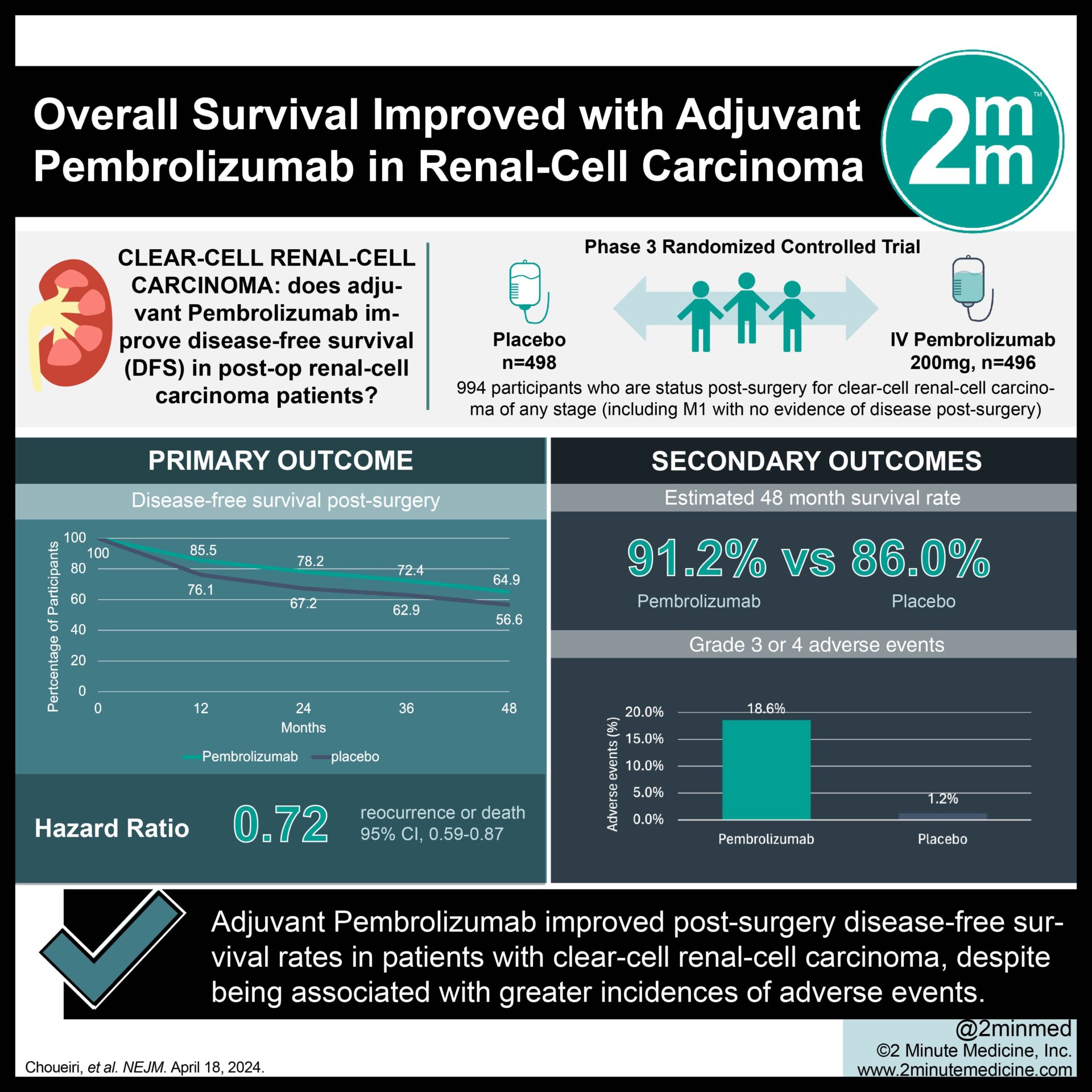Cardiovascular disease (CVD) prevention relies on timely identification of and intervention for individuals at risk. Risk assessment models such as the Framingham Risk Score (FRS) have been shown to over-estimate or under-estimate risk in certain groups, such as socioeconomically disadvantaged populations. Artificial intelligence (AI) and machine learning (ML) could be used to address such equity gaps to improve risk assessment; however, critical appraisal is warranted before ML-informed clinical decision-making is implemented.
This study will employ an equity-lens to identify sources of bias (ie, race/ethnicity, gender and social stratum) in ML algorithms designed to improve CVD risk assessment relative to the FRS. A comprehensive literature search will be completed using MEDLINE, Embase and IEEE to answer the research question: do AI algorithms that are designed for the estimation of CVD risk and that compare performance with the FRS address the sources of bias inherent in the FRS? No study date filters will be imposed on the search, but English language filters will be applied. Studies describing a specific algorithm or ML approach that provided a risk assessment output for coronary artery disease, heart failure, cardiac arrhythmias (ie, atrial fibrillation), stroke or a global CVD risk score, and that compared performance with the FRS are eligible for inclusion. Papers describing algorithms for the diagnosis rather than the prevention of CVD will be excluded. A structured narrative review analysis of included studies will be completed.
Ethics approval was not required. Ethics exemption was formally received from the General Research Ethics Board at Queen’s University. The completed systematic review will be submitted to a peer-reviewed journal and parts of the work will be presented at relevant conferences.
© Author(s) (or their employer(s)) 2023. Re-use permitted under CC BY-NC. No commercial re-use. See rights and permissions. Published by BMJ.















